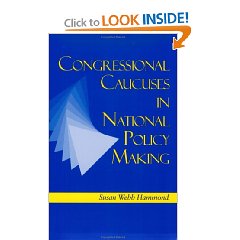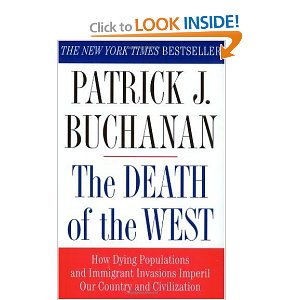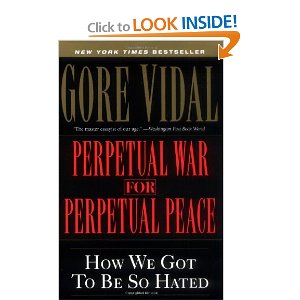The author does a really effective job of investigating and communicating the horrible realities of life where…managers and corporate regulations and plain meanness deprive hundreds of thousands of people of things many of us take for granted: the right to go to the bathroom, to pause for a few minutes, even to sit down quietly for a few minutes in a clean room.
Especially admirable is her focus on rent and the conditions that are imposed on the poor and lower working class (between minimum wage and $15 an hour)–not having enough money for a deposit, being forced to pay outrageous rents for decrepit motel rooms rented by the week, having to spend a precious working day finding a place to stay, etcetera.
This is a very valuable book, both from the perspective of someone who might benefit from a little humility and gratitude for their blessings and advantages; and from a policy point of view–our understanding of poverty and welfare and what it takes to allow decent hard-working people to have a *life* appears to be terribly, terribly flawed. As the author documents so ably, it is not enough to have a job in America, you need to have one that pays enough to cover rent, food, and medicine.
I was especially moved by the many details the author provided on how life at the lower levels brings on more and more hardships–not enough money for good shoes, bad shoes causing major spinal and related injuries and pain. The pain–the endless hours, the desperation for aspirin and other pain killers, cigarettes as the least expensive narcotic for the pain–this is very powerful stuff.
At a minimum, this book changes how I will evaluate politicians that speak in ignorance about welfare and poverty and safety nets–and it is going to substantially increase how much I tip and how I tip–from 15% to 25%, and in cash… This might be a good time to think of ourselves, and follow the Golden Rule–our welfare system should be what we would want it to be if we were the ones asking for welfare.











